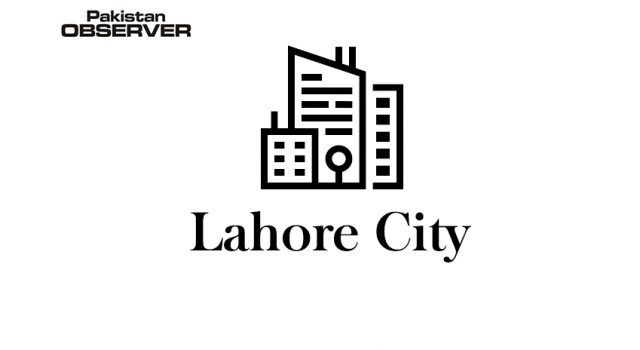The United Nations Development Programme (UNDP) concluded the final event of the “Master the Disaster” Digital Hackathon for Disaster Risk Reduction in Punjab.
After two successful digital Hackathons in Khyber Pakhtunkhwa and Sindh, the Hackathon in Punjab was the third one in the series, a press statement said Monday.
The Hackathon aimed to generate innovative ideas related to preparedness and response for climate change induced disasters and pandemic crises such as Covid-19. The online event gathered more than 70 participants including youth, academia, representatives from both the private and public sectors, development sector, and the provincial government.
Teams were guided by experts in the fields of technology, entrepreneurship, public health, and climate change. “Covid-19 is a global disaster, and not localized like the disasters we have managed in the past.
We need to document best practices, develop new policies, and discover new ways to enhance our capacity to fight such pandemics in the future”, said Raja Khurram Shahzad, DG, PDMA Punjab. “I would like to congratulate UNDP on bringing all of us together for this event, and look forward to listening to the innovative ideas emerging from this Digital Hackathon.”
Naeem Iqbal, UNDP’s National Project Coordinator for Disaster Risk Reduction, explained the challenge statements and said, “Pakistan is vulnerable to a variety of natural and man-made hazards.
In Punjab, Covid-19 is spreading rapidly, which means that health systems and workers are overwhelmed. Meanwhile, locusts are damaging crops and pose a serious threat to the nation’s food security. We hope that young people can work together to address these issues.”
The teams pitched their ideas to a panel of judges at the end of the two-day Hackathon. Many innovative ideas emerged to address climate change related disaster preparedness, locust attacks, and challenges associated with Covid-19.
One winning idea proposed to introduce birds that consume locusts. The other winning idea proposed to connect communities to psychosocial support and treatment supplies for Covid-19 through a mobile app. UNDP will work to scale up the winning ideas with the help of exclusive mentorship and partnerships with incubation centres.
Abduvakkos Abdurahmanov, Chief Technical Advisor, Climate Change and Resilience at UNDP, closed the event and said, “We cannot stop natural events from happening, but the current crisis has shown that we can prepare better. The diversity of knowledge and experience we have witnessed over these two days has been truly encouraging.”








